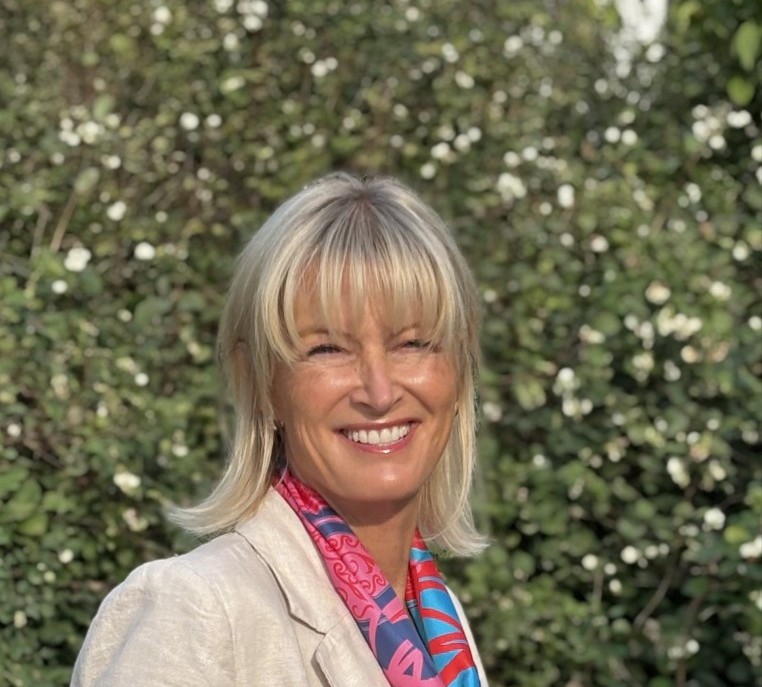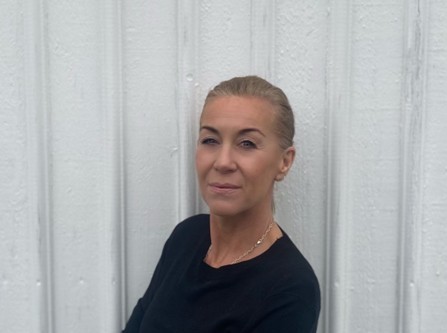This week's inspirations: Jimmy and Tina
SOL Sweden operates in a low-margin industry with services such as cleaning, foiling, advertising, and maintenance, and you have undergone a significant


SOL Sweden operates in a low-margin industry with services such as cleaning, foiling, posting, and maintenance, and you have undergone a real trial by fire in connection with the Covid pandemic. How have you handled the crisis, and what is your strategy for continuing your growth?
In one day, we lost 70% of our revenue, especially in the hospitality industry. We are used to handling acute events, including a successful reconstruction a few years ago that went unusually quickly thanks to our experience in handling crises. The most important thing for us when Covid-19 hit was to focus on solutions and opportunities and not be gripped by panic. Therefore, the entire company was quickly up and running contacting companies, shops, and authorities to ensure our employees' safety and the company's continued operations. At this time, we had about 600 employees, of which 180 were permanent employees, and 200 hourly employees worked in our single largest business, and these suddenly stood without jobs, and we were obliged to pay out salaries anyway. Our focus then was to get the employees on other assignments, i.e., find new creative businesses, we knew that other parts of the industry were screaming for labor, so we simply contacted competitors to us.
Thanks to fantastic teamwork and the employees' strong will and commitment, we had gotten over 160 employees on other assignments in two days. In this way, we could help our competitors who were in need of temporary staff and avoid the greater part of our costs. Currently, we are looking at other opportunities to get back volume, such as acquisitions or other forms of contract business, while we await increased demand in our existing businesses - which we still have! We have a clear plan on how we will rehire as volumes come back. We will emerge from this crisis twice as strong as we were before!
Your business is about creating increased well-being in workplaces. How do you think the view of your services will change post-Covid?
It is clear that we have a hope that companies will choose competence and quality over price. The employee's work environment is incredibly important today, and then even good cleaning should be just as important, that bacteria are cleaned away and not waved around, but that is nothing that an untrained eye can determine, where the price is usually a decisive factor. It looks clean or smells good, but the bacteria remain. Several companies today require that the cleaning staff has completed a certified training. However, no one checks or follows up that this is complied with in the contracts. This means that many companies choose to hire cheap labor without certified training. Unfortunately, it is usually the price that governs, which means that we in the industry must also work in parallel to change and try to influence politicians, trade unions, and employers' organizations. Everyone deserves clean workplaces that are provided by employees from sound companies with trained staff and fair working conditions and agreements.
You have the privilege of having employees from widely different cultures. What advantages (and challenges) does this entail in leadership?
I (Jimmy) come from the banking and insurance industry, where we worked with culture and diversity issues. So, in retrospect, I have realized that we were not even close to understanding or meeting new cultures. What I have met at SOL is absolutely fantastic. I have now gained a greater understanding of cultural differences, why some act as they do, social background, experiences from their home country, and the clashes in the new. Opinions that I have had have changed, others have been reinforced, everything is for both good and bad, but new insights have definitely broadened my perspective as a leader and human being.
A company with 76 nationalities places high demands on us as leaders, above all how we reach out and how we communicate. The leadership also becomes very direct, sometimes more pointing. A company with so many nationalities requires a more flexible leadership, which I think is something we will need more of for everyone.
Contact
What challenges are you facing today? - We would love to hear from you!





